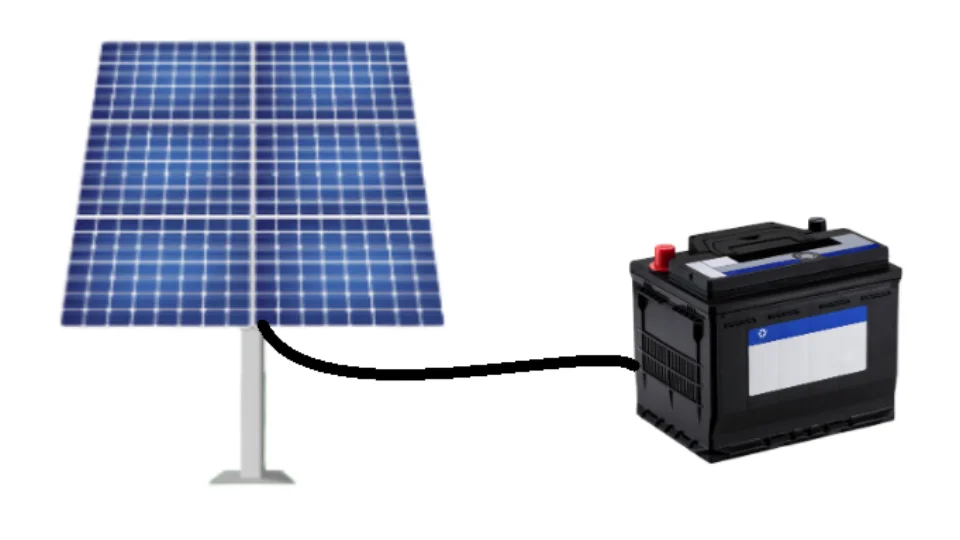Solar Batteries: Solar Backup Power After Dark
Solar Batteries are a key element of the modern solar power systems as it store energy for the when not in generation day such clouded days or night time. Batteries are effective in enhancing the overall performance and reliability of a solar energy system by storing extra energy from the sun, which is why they come recommended.
Types of Solar Batteries
Lead-Acid Batteries:
Conventional battery technology (affordable, but not so long life or wth low energy density).
So compatible for Girds connected to small-scale systems and backup power applications.
Lithium-Ion Batteries:
High Energy Density, Long Lifespan and Quick Charging Time.
*Perfect for residential and commercial solar systems.
Categories: Lithium Iron Phosphate (LFP), Nickel-Manganese-Cobalt (NMC)
Flow Batteries:
** Grid-scale applications, ideal for Solar Energy Power Plants etc.
• High levels of energy storage and durability.
How Solar Batteries Work
Solar batteries work by storing excess solar energy generated during the day as chemical energy. The stored energy can then be converted back into electricity to power your home or business when the sun goes down, or during times of poor solar generation.
What Are The Advantages Of Solar Batteries
Add to the mix; * Energy Independence: Make energy bills a thing of the past.
Backup Power :To keep the power ON during outages.
Time-Shifting Energy Consumption: Saving up excess energy generated for use during high-demand periods.
Higher Self-Consumption:** Optimal self-suitability due to high solar power generation.
Increased System Value:** Install a solar battery system and add great value to your home or business.
Factors to Take into Account When Purchasing a Solar Battery System
Battery Capacity: The size of the battery system needs to be decided based on how much energy you need and at what level do you want your independence in using energy.
Battery type:** Battery chemistry determines how much
This is primarily limited by battery chemistry (which in turn impinges on performance, life and cost).
Inverter Compatibility: Ensure the inverter and battery system being bought /used is compatible with each other.
Installation & Maintenance: With the perfect installation and regular maintenance it can serve for a long time with utmost performance.
Local Regulations and Incentives: Check on if and how the local regulations or incentives would affect cost; as well as whether a solar battery system feasible in your area.
The Future of SolarBatteries
Solar batteries are getting cheaper and faster with the advancement of battery technology. Emerging trends include:
Higher Energy Density: Better energy storage per battery volume.
Fast Charge and Discharged: Improved charge and discharge efficiencies leading to faster charging energy conversipn.
More Endurable Batteries: Bigger, less frequent changeable batteries.
State-of-the-art Battery Management Systems: This has already led to the development of Best-in-class BMS systems which help in keeing battery power performance and life at its optimum.
It is nevertheless the best way of maximising solar power, by storing it in these new sun-powered batteries. Having an understanding of the different types of batteries, what their strengths are and weaknesses as well some strategies to consider when implementing them will allow you to advance your energy into a carbon free lifestyle.
